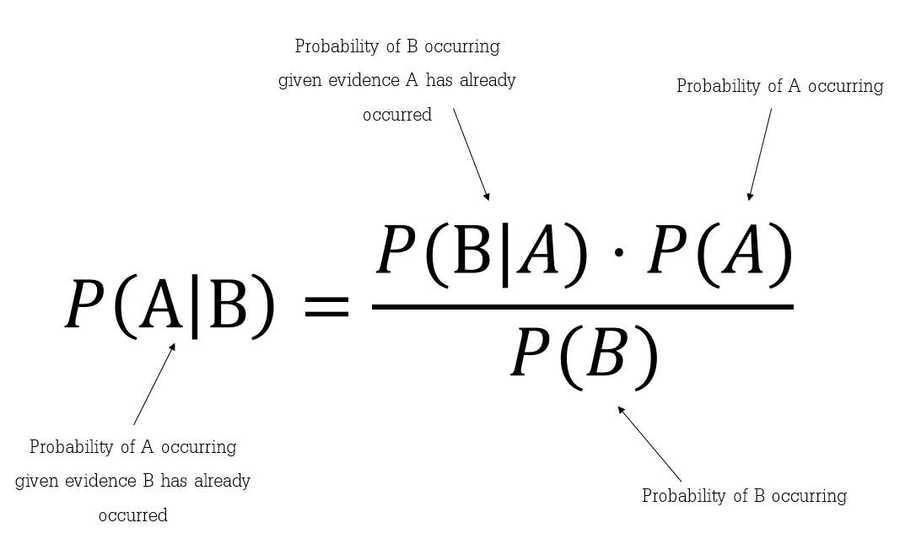Typically written as P(H) in Bayes’s theorem, it is the probability of a hypothesis H before conditionalization on evidence. Bayesians take prior probabilities, or priors, to represent one’s initial degree of belief in H.
7
4 reads
The idea is part of this collection:
Learn more about philosophy with this collection
The historical significance of urban centers
The impact of cultural and technological advances
The role of urban centers in shaping society
Related collections
Similar ideas
Thomas Bayes'd thought experiment
He wondered how he could predict the probability of a future event if he only knew how many times it had occurred, or not, in the past. Bayes figured out that even when it comes to uncertain outcomes, we can update our knowledge by incorporating new, relevant information as it becomes available.
How To Implement The Sagan Standard
The more unlikely a claim is, the more supporting substantial the evidence that you should require before accepting it as true.
When presented with a certain claim, you should expect the strength of evidence that is used to support it to be proportional to how unlikely tha...
Positive Externalities
A positive externality imposes an unexpected benefit on a third party. The producer doesn't agree to this, nor do they receive a 'reward' for it.
- Scientific research can have applications beyond their initial scope.
- Blaise Pascal and Pierre de Fermat developed probab...
Read & Learn
20x Faster
without
deepstash
with
deepstash
with
deepstash
Personalized microlearning
—
100+ Learning Journeys
—
Access to 200,000+ ideas
—
Access to the mobile app
—
Unlimited idea saving
—
—
Unlimited history
—
—
Unlimited listening to ideas
—
—
Downloading & offline access
—
—
Supercharge your mind with one idea per day
Enter your email and spend 1 minute every day to learn something new.
I agree to receive email updates
